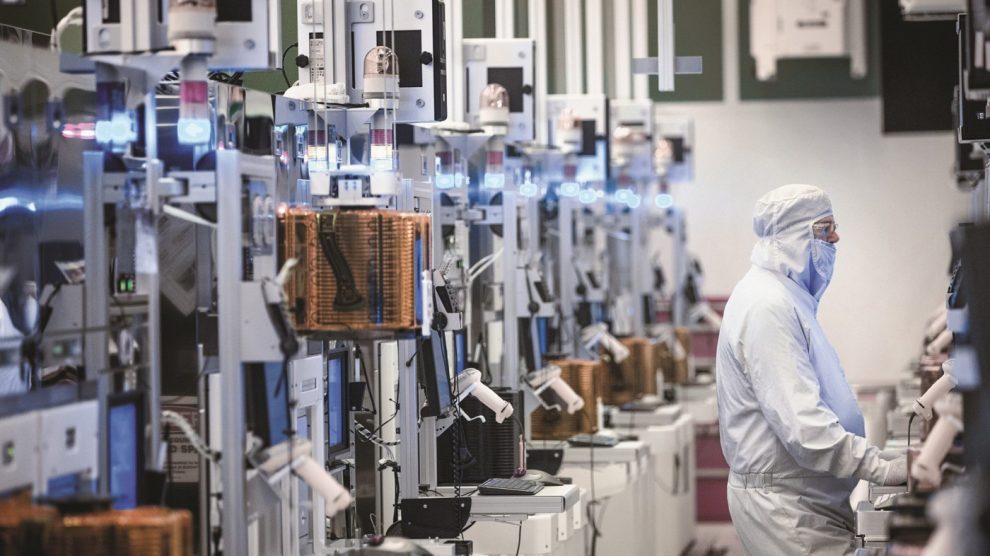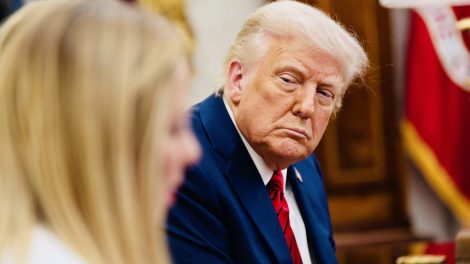Rome talks chips with Taipei. As reported by Bloomberg, Italian officials from the Ministry of Enterprise, led by Adolfo Urso, have flown to Taiwan to assess the strengthening of cooperation on semiconductor production and exports. Potential interlocutors include leading chipmaker TSMC, which is already working with German companies to open a microchip factory in Germany.
- During private talks, the Italian officials have reportedly hinted that Rome might be willing to avoid renewing the Belt and Road Initiative Memorandum of Understanding with China in exchange for bolstering semiconductor ties.
- One of the two parties must explicitly decide to get out of the agreement to avoid its automatic renewal in 2024.
- Closer cooperation would also balance out the recently-cancelled diplomatic mission of several Italian MPs to Taipei – a decision owed to caution and taken along with the Ministry of Foreign Affairs.
It’s about symbolism… The BRI MoU it’s more about symbol than substance: it’s a non-binding agreement that ultimately failed to spur deeper economic integration. Its most visible product was its very existence, of high symbolic value for Beijing, which in 2019 managed to convince the Italian government (then led by Giuseppe Conte) to become the only G-7 country to enter China’s infrastructure-cum-soft power project.
- As Enrico Fardella (associate professor at the University of Naples L’Orientale and director of ChinaMed) told our sister website, Rome’s quiet consent could turn out to be the most practical solution. “Perhaps it could allow [Italy] to maximise the benefits by keeping the MoU as a dead letter if necessary or exhuming it according to convenience.”
… and the very real consequences. Conversely, tying the exit from the BRI with more chip-related cooperation and investments would consolidate Rome’s Western positioning. “Italy’s decision on the MoU will be closely watched in Washington and other capitals, as a sign of [PM] Meloni’s capacity to turn her staunch pro-US rhetoric into facts,” reads the Bloomberg piece.
Where does Meloni stand? The decision on the MoU is up to Prime Minister Giorgia Meloni, who has not yet taken a definitive position and prefers not to speak publicly about the matter at this stage. Nevertheless, the PM expressed closeness to Taiwan and called the MoU “a big mistake” on the 2022 elections’ campaign trail.
- Also, more recently, Foreign Minister Antonio Tajani stressed that Rome is aligned with the EU and NATO vis a vis Taiwan.
- Agriculture Minister Francesco Lollobrigida, a close ally of the PM, assured that Italy would coordinate with both Western institutions on the MoU’s renewal.
- And Defence Minister Guido Crosetto noted it’s “unlikely” she will renew it.
A wider cooperation effort. Meanwhile, Rome and Taipei are already working to strengthen trade relations. The capitals just announced the opening of a second Taiwanese representative office in Italy, to be set up in the Northern city and economic hub of Milan.
- The value of these offices goes beyond their role in facilitating trade, as they provide Taiwan with another channel to build effective ties with other countries, allowing it to strengthen its international standing.




